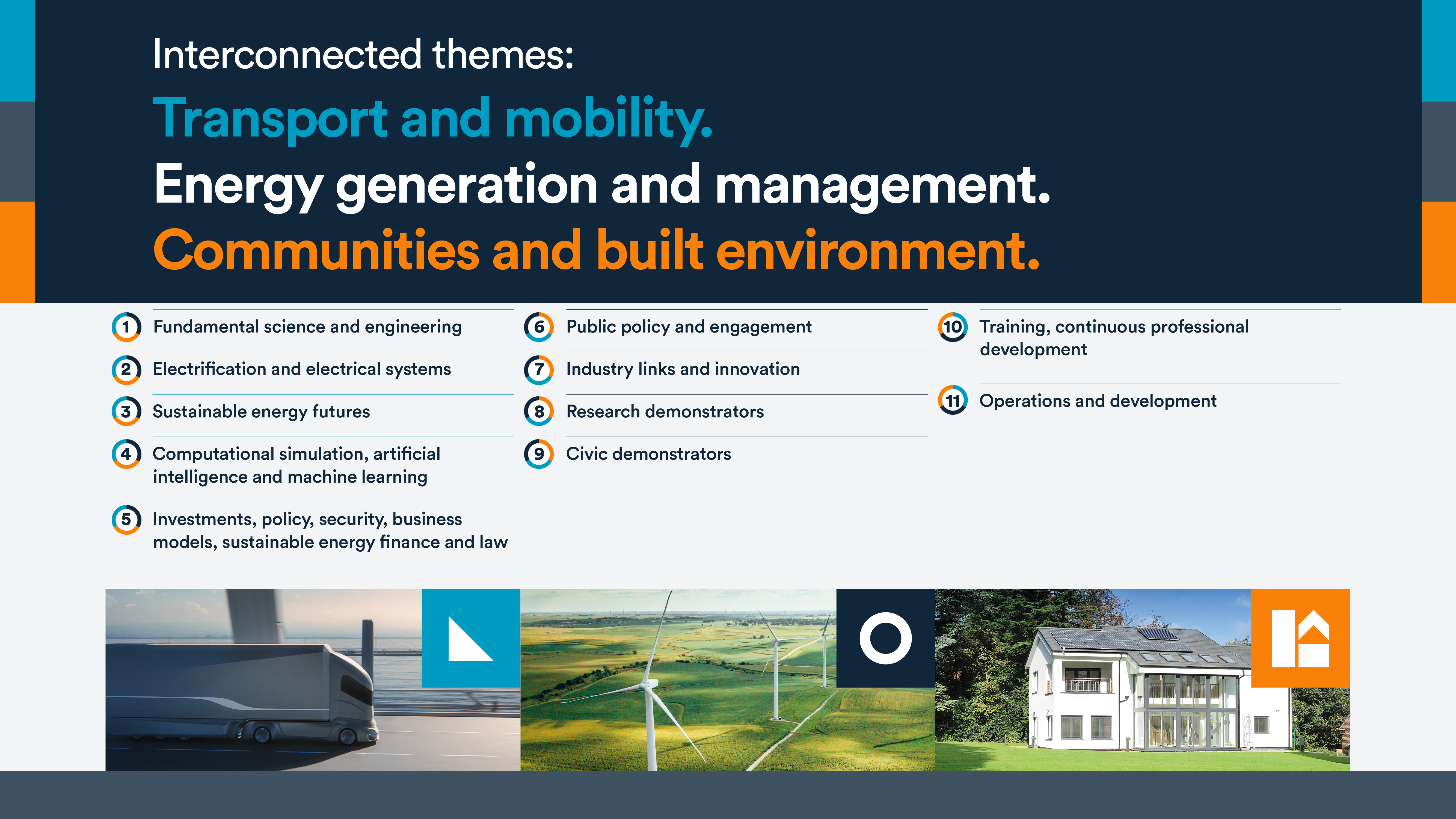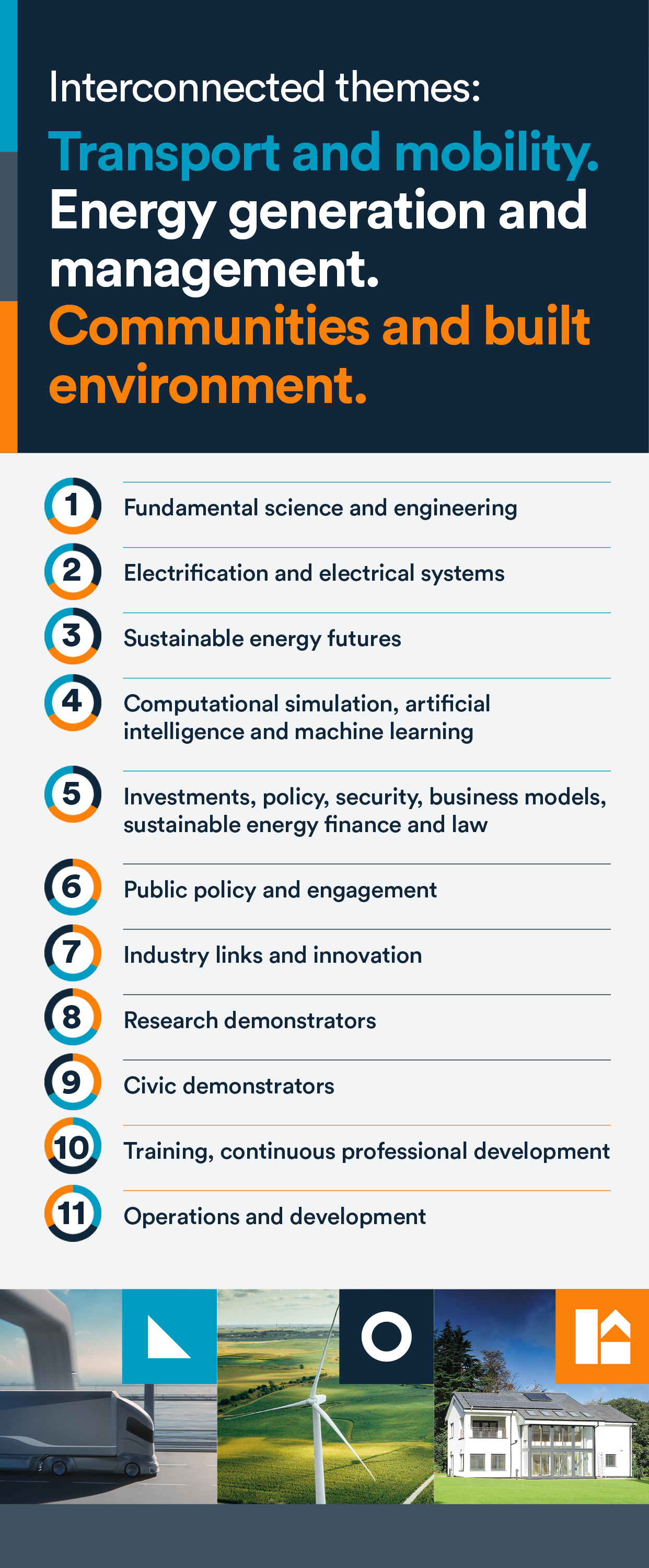Challenges and cross cutting themes
We focus our activities on three key areas directly related to societal challenges that will impact how we live in the future.
The breadth of expertise at the University of Nottingham Energy Institute is reflected in our challenges and themes, which bring together multi-disciplinary stakeholders in response to the worlds most pressing challenges.
Transport and mobility
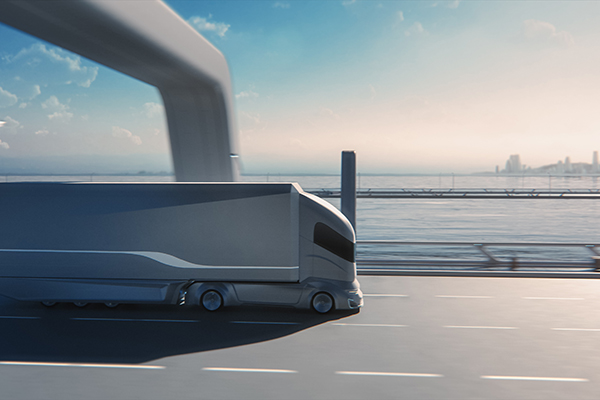
The transport and mobility challenge will explore the sustainable future of how people, goods and services move.
Combining the University of Nottingham’s unique strengths in science, engineering and social science, we are committed to tackling climate change by improving the efficiency of transport systems. Our ambition is to improve the sustainability of transport systems at local and global levels by changing how we use energy within those systems and technologies.
We take cutting-edge discoveries from basic science through to implementation-ready solutions. We want to link researchers, organisations, policy-makers and consumers to understand how people make transport and mobility decisions in the real world and use our insights into attitudes and behaviours to drive change. For us, this is the best way to innovate new ways of moving.
We believe that the move to decarbonisation, the race to zero emissions and the electrification of transport systems involves new technologies but also an appreciation of the costs and benefits of change for all stakeholders in transport and mobility systems.
Each of our challenges has several co-leads from the Faculties of Social Science, Science and Engineering. If you would like to find out more about this challenge contact David Grant.
Energy generation and management
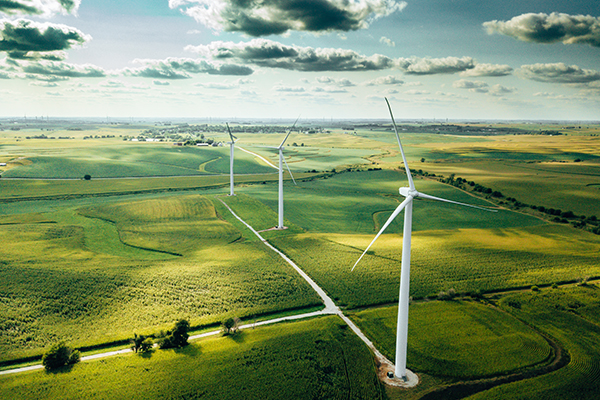
Decarbonisation will involve a huge shift in the way communities generate, store, manage and govern energy use.
Driving that change at the fundamental level will be new materials and innovative devices that transform and carry energy generated by clean, renewable and sustainable sources. At the same time, we need to ensure that a net zero energy system is widely accessible at both a local and global level, requiring political engagement, sound economic models and societal acceptance.
We are building inclusive research consortia to bring together fundamental science and engineering, through to demonstrators for the industrial sector, with human values and social practices that shape our aspirations for and interactions with a net zero future.
Our research will lead to new ways of harnessing clean energy, to find more efficient ways to convert that energy into electricity and fuels, to develop policies and business models for the successful integration of zero carbon technologies, and to reduce inequality and energy poverty.
Each of our challenges has several co-leads from the Faculties of Social Science, Science and Engineering. If you would like to find out more about this challenge contact James O’Shea.
Communities and built environment
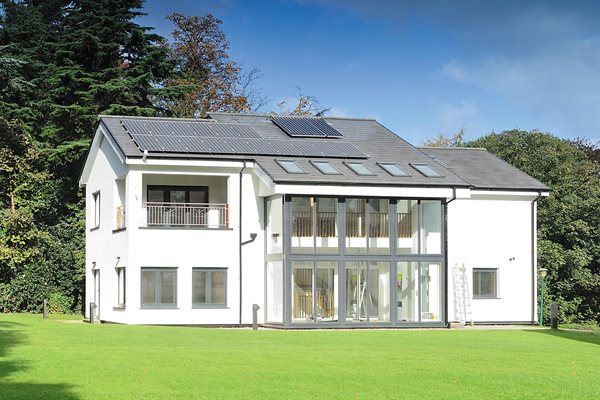
Our cities and communities face challenges caused by rapid urbanisation, increasing populations, climate change and resource scarcity.
These lead to significant infrastructure strains and the need to improve an unfit and aging built environment. Immediate action is needed to reduce carbon emissions to help mitigate global warming, to secure resource availability, increase reliability, affordability, and efficiency, to improve resilience to environmental threats and to ensure optimum and sustainable social economic development.
This can only be achieved through significant innovation, suitable policies and planning, and these can be unlocked through collaborative multi-disciplinary research, pioneering technologies, business innovation and wide scale participation from a range of stakeholders.
Communities are at the heart of this challenge and offer part of the solution. Our community energy initiatives will change the way we use energy, spreading awareness and influencing policy decisions as we move towards a sustainable future.
Each of our challenges has several co-leads from the Faculties of Social Science, Science and Engineering. If you would like to find out more about this challenge contact Lucelia Rodrigues.
Cross cutting themes
There are multiple strands to our energy challenges, with instances of overlap and cross cutting themes that are vital to ensure success. These include fundamental research, skills, data, AI, policy, and public acceptance.
The Energy Institute ensures that academic experts from these key areas are equally represented in our energy collaborations. We work holistically to build networks with researchers and academics both in our own and other universities, as well as with key decision makers in industry, and regional and national government.
